Generally speaking, in terms of limitations, Redis also exists in the form of a message queue and as an embedded List to meet real-time high concurrency requirements. Usually in an e-commerce type data processing process, queues of related products, hot sales, and recommended sorting are usually stored in Redis, and the reading and updating of Redis lists by Storm are also included in the process.

Redis is a high-performance key-value database.
Redis has the following three characteristics with other key-value caching products:
- Redis supports data persistence. It can save the data in the memory to the disk and can restart it again. Load for use.
- Redis not only supports simple key-value type data, but also provides storage of data structures such as list, set, zset, and hash.
- Redis supports data backup, that is, data backup in master-slave mode.
Five uses:
1. Full page cache
Full page cache. If you're using server-side rendered content, you don't need to re-render each page for each individual request. Using a cache like Redis, you can cache frequently requested content, thereby greatly reducing latency for the most requested pages, and most frameworks have hooks for Redis caching pages.
// 设置全页面缓存1分钟 SET key "<html>...</html>" EX 60 // 获取全页面 GET key
2. Sequential arrangement
Because Redis’s Set data structure in memory can be incremented and decremented very quickly and efficiently, the performance is much higher than that of SQL queries. Compare this combined with Redis' sorted sets meaning you can grab the highest rated item in a list in milliseconds, and it's very easy to implement.
// 向排序集合中添加值 ZADD sortedSet 1 "one" // 从排序集合中获取所有值 ZRANGE sortedSet 0 -1 // 从排序集合中获取所有值与权重 ZRANGE sortedSet 0 -1 WITHSCORES
3. Session Storage
The most common use of Redis I have seen is session storage. Unlike other session stores such as Memcache, Redis can persist data so that if the cache is stopped, on restart, all data is still there. Even if it's not a strictly ongoing task, this feature can still save your users a lot of trouble. No one likes to see their conversations randomly deleted for no reason.
// 设置一分钟过期的session
SET randomHash "{userId}" EX 60
// 获取用户ID
GET randomHash4. Queuing
One of the less common, but very useful things you can do with Redis is queuing. Whether it's an email queue or data used by other applications, you can create an efficient queue in Redis. Any developer who is familiar with the stack and can push and pop projects can use this feature easily and naturally.
// 添加消息 HSET messages <id> <message> ZADD due <due_timestamp> <id> // 接收消息 ZRANGEBYSCORE due -inf <current_timestamp> LIMIT 0 1 HGET messages <message_id> // 删除消息 ZREM due <message_id> HDEL messages <message_id>
5.pub/sub
The ultimate real world use of Redis is the pub/sub that I will present in this article. This is one of the most powerful features built into Redis; the possibilities are endless. You can create a real-time chat system, trigger notifications for friend requests on social networks, and more. This feature is one of the most underrated features provided by Redis, but is extremely powerful and simple to use.
// 向通道中推送消息 PUBLISH channel message // 从通道中获取消息 SUBSCRIBE channel
The above is the detailed content of What are the functions of redis. For more information, please follow other related articles on the PHP Chinese website!
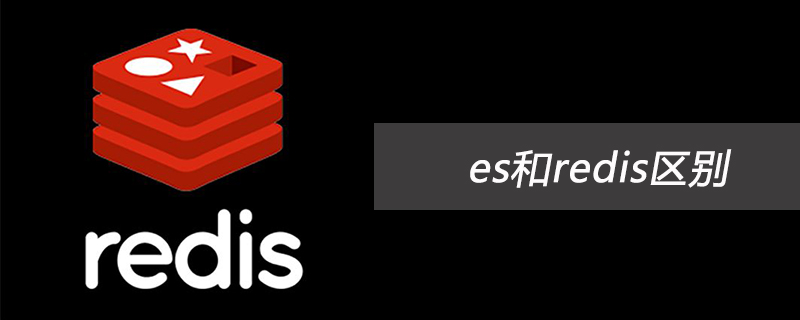 es和redis区别Jul 06, 2019 pm 01:45 PM
es和redis区别Jul 06, 2019 pm 01:45 PMRedis是现在最热门的key-value数据库,Redis的最大特点是key-value存储所带来的简单和高性能;相较于MongoDB和Redis,晚一年发布的ES可能知名度要低一些,ES的特点是搜索,ES是围绕搜索设计的。
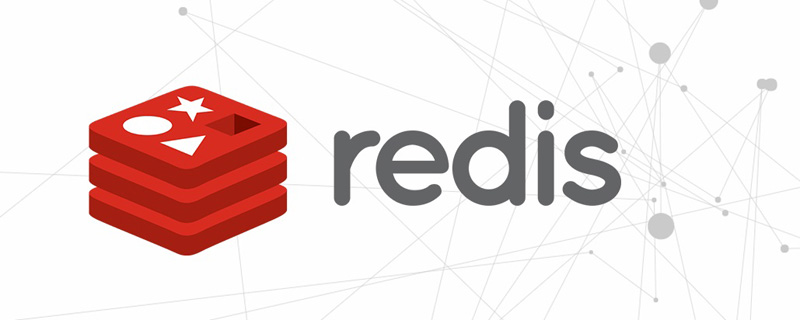 一起来聊聊Redis有什么优势和特点May 16, 2022 pm 06:04 PM
一起来聊聊Redis有什么优势和特点May 16, 2022 pm 06:04 PM本篇文章给大家带来了关于redis的相关知识,其中主要介绍了关于redis的一些优势和特点,Redis 是一个开源的使用ANSI C语言编写、遵守 BSD 协议、支持网络、可基于内存、分布式存储数据库,下面一起来看一下,希望对大家有帮助。
 实例详解Redis Cluster集群收缩主从节点Apr 21, 2022 pm 06:23 PM
实例详解Redis Cluster集群收缩主从节点Apr 21, 2022 pm 06:23 PM本篇文章给大家带来了关于redis的相关知识,其中主要介绍了Redis Cluster集群收缩主从节点的相关问题,包括了Cluster集群收缩概念、将6390主节点从集群中收缩、验证数据迁移过程是否导致数据异常等,希望对大家有帮助。
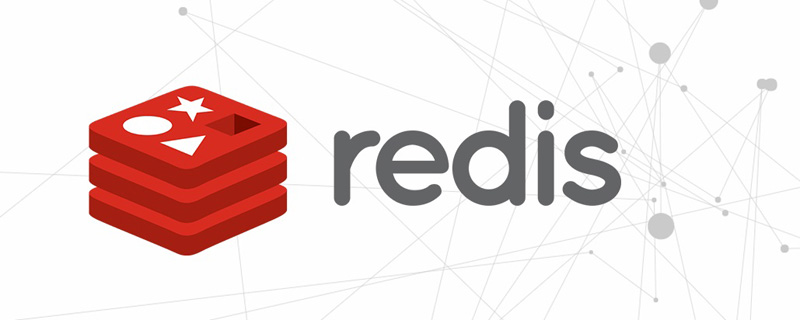 Redis实现排行榜及相同积分按时间排序功能的实现Aug 22, 2022 pm 05:51 PM
Redis实现排行榜及相同积分按时间排序功能的实现Aug 22, 2022 pm 05:51 PM本篇文章给大家带来了关于redis的相关知识,其中主要介绍了Redis实现排行榜及相同积分按时间排序,本文通过实例代码给大家介绍的非常详细,对大家的学习或工作具有一定的参考借鉴价值,希望对大家有帮助。
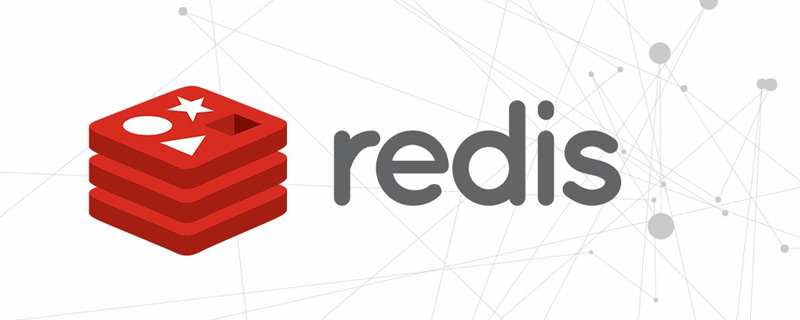 详细解析Redis中命令的原子性Jun 01, 2022 am 11:58 AM
详细解析Redis中命令的原子性Jun 01, 2022 am 11:58 AM本篇文章给大家带来了关于redis的相关知识,其中主要介绍了关于原子操作中命令原子性的相关问题,包括了处理并发的方案、编程模型、多IO线程以及单命令的相关内容,下面一起看一下,希望对大家有帮助。
 实例详解Redis实现排行榜及相同积分按时间排序功能的实现Aug 26, 2022 pm 02:09 PM
实例详解Redis实现排行榜及相同积分按时间排序功能的实现Aug 26, 2022 pm 02:09 PM本篇文章给大家带来了关于redis的相关知识,其中主要介绍了Redis实现排行榜及相同积分按时间排序,本文通过实例代码给大家介绍的非常详细,下面一起来看一下,希望对大家有帮助。
 一文搞懂redis的bitmapApr 27, 2022 pm 07:48 PM
一文搞懂redis的bitmapApr 27, 2022 pm 07:48 PM本篇文章给大家带来了关于redis的相关知识,其中主要介绍了bitmap问题,Redis 为我们提供了位图这一数据结构,位图数据结构其实并不是一个全新的玩意,我们可以简单的认为就是个数组,只是里面的内容只能为0或1而已,希望对大家有帮助。
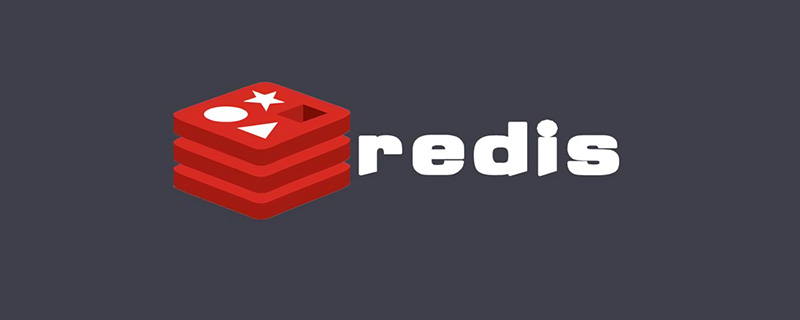 一起聊聊Redis实现秒杀的问题May 27, 2022 am 11:40 AM
一起聊聊Redis实现秒杀的问题May 27, 2022 am 11:40 AM本篇文章给大家带来了关于redis的相关知识,其中主要介绍了关于实现秒杀的相关内容,包括了秒杀逻辑、存在的链接超时、超卖和库存遗留的问题,下面一起来看一下,希望对大家有帮助。


Hot AI Tools

Undresser.AI Undress
AI-powered app for creating realistic nude photos

AI Clothes Remover
Online AI tool for removing clothes from photos.

Undress AI Tool
Undress images for free

Clothoff.io
AI clothes remover

AI Hentai Generator
Generate AI Hentai for free.

Hot Article

Hot Tools

EditPlus Chinese cracked version
Small size, syntax highlighting, does not support code prompt function

Dreamweaver CS6
Visual web development tools

WebStorm Mac version
Useful JavaScript development tools

SublimeText3 Mac version
God-level code editing software (SublimeText3)

DVWA
Damn Vulnerable Web App (DVWA) is a PHP/MySQL web application that is very vulnerable. Its main goals are to be an aid for security professionals to test their skills and tools in a legal environment, to help web developers better understand the process of securing web applications, and to help teachers/students teach/learn in a classroom environment Web application security. The goal of DVWA is to practice some of the most common web vulnerabilities through a simple and straightforward interface, with varying degrees of difficulty. Please note that this software






